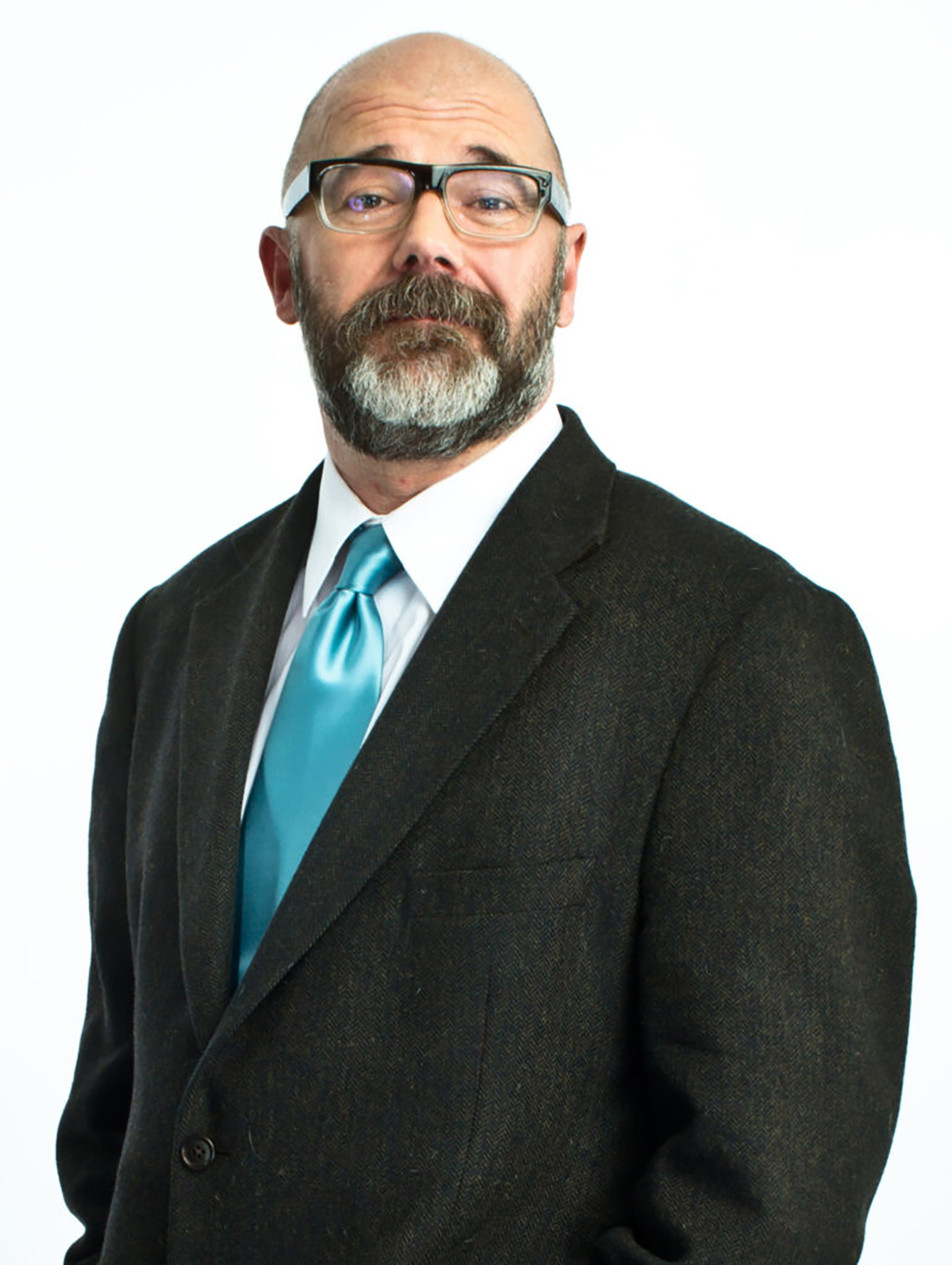Why is a 21st-century Harvard-educated gay intellectual still a Catholic?
That’s the question Andrew Sullivan will address at 10:45 a.m. Monday in the Amphitheater, opening Week Three and the theme “A Crisis of Faith?”
“This is an opportunity for me to air some of this and see how people might respond,” Sullivan said.

Sullivan is at work on a new book, in which he will discuss the seeming incompatibility of his faith with any number of other adjectives he uses to describe himself. As with his previous books, Sullivan is taking his ideas on tour to learn from how people respond. He hopes to uncover the strengths and weaknesses of his ideas the old-fashioned way: by talking with people.
“If you’re a sane adult, you know that what you think you know is never enough,” Sullivan said. “Therefore, the best way to understand is dialogue, not internal monologue.”
For nearly 15 years, Sullivan wrote the successful blog “The Daily Dish.” He said the part of the blog that really mattered was his dialogue with readers.
“If I’m wrong about something or realize I’ve been putting it in a stupid way or that’s not the right analogy to use, I’m derided,” Sullivan said. “How can I know that if I’m not engaging in a Socratic dialogue?”
Sullivan’s 2006 critique of conservatism gone awry in the Bush era, The Conservative Soul, made frequent appeals to Socrates, Plato, Michel de Montaigne and other philosophers.
Plato’s famous cave allegory, for example, was used to argue for a more skeptical and humble conservatism, as opposed to the strident chest thumping typically seen on cable news.
Now, Sullivan is making a similar appeal to Christianity. He said Christians must be open to leaving behind “things that we now know empirically not to be true” as humankind advances its understanding of the natural world.
“If we’ve had to cede ground in that kind of way, it seems to me the lesson from that should be humility about our certainty that we know things absolutely,” Sullivan said. “We don’t know what we’ll find out in the future.”
Part of Sullivan’s lecture will be devoted to popular objections to Christianity. Or, as Sullivan put it, “many of the prejudices of every millennial in America about religion.”
For example, Sullivan considers the proposition that science renders religion obsolete one of the weakest arguments against faith. He said science is useful for understanding the natural world, but other kinds of inquiry are best left to religion and philosophy.
“It will not tell me why we exist, whether the universe has meaning, or what is the best way to live,” Sullivan said. “Science can’t even tell you what’s true in many cases. It can only tell what it has so far found not to be false.”
However, many Christians hold beliefs about the natural world that aren’t supported by science.
“You can say Christians have long believed the world is 6,000 years old and still do,” Sullivan said. “Well, no serious Christian still does.”
Sometimes, beliefs like these can be traced to taking the Bible literally. According to Sullivan, that’s a mistake.
“Attempting to meticulously elaborate every single nuance of what Christianity means from the literal text of a series of documents is bonkers,” Sullivan said. “These scriptures, however inspired by God, are fallible human documents.”
As a conservative, Sullivan doesn’t see himself as saying anything new or radical. Instead, he’s promoting a return to values such as reason, humility and skepticism. Faith, he argues, is compatible with reason. To make this point, Sullivan paraphrased French mathematician and theologian Blaise Pascal.
“There comes a point at which you use your reason all the way, and then you have to let go. The question for human beings is whether to let go or hold,” Sullivan said. “The religious answer is to let go.”




